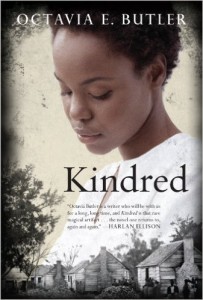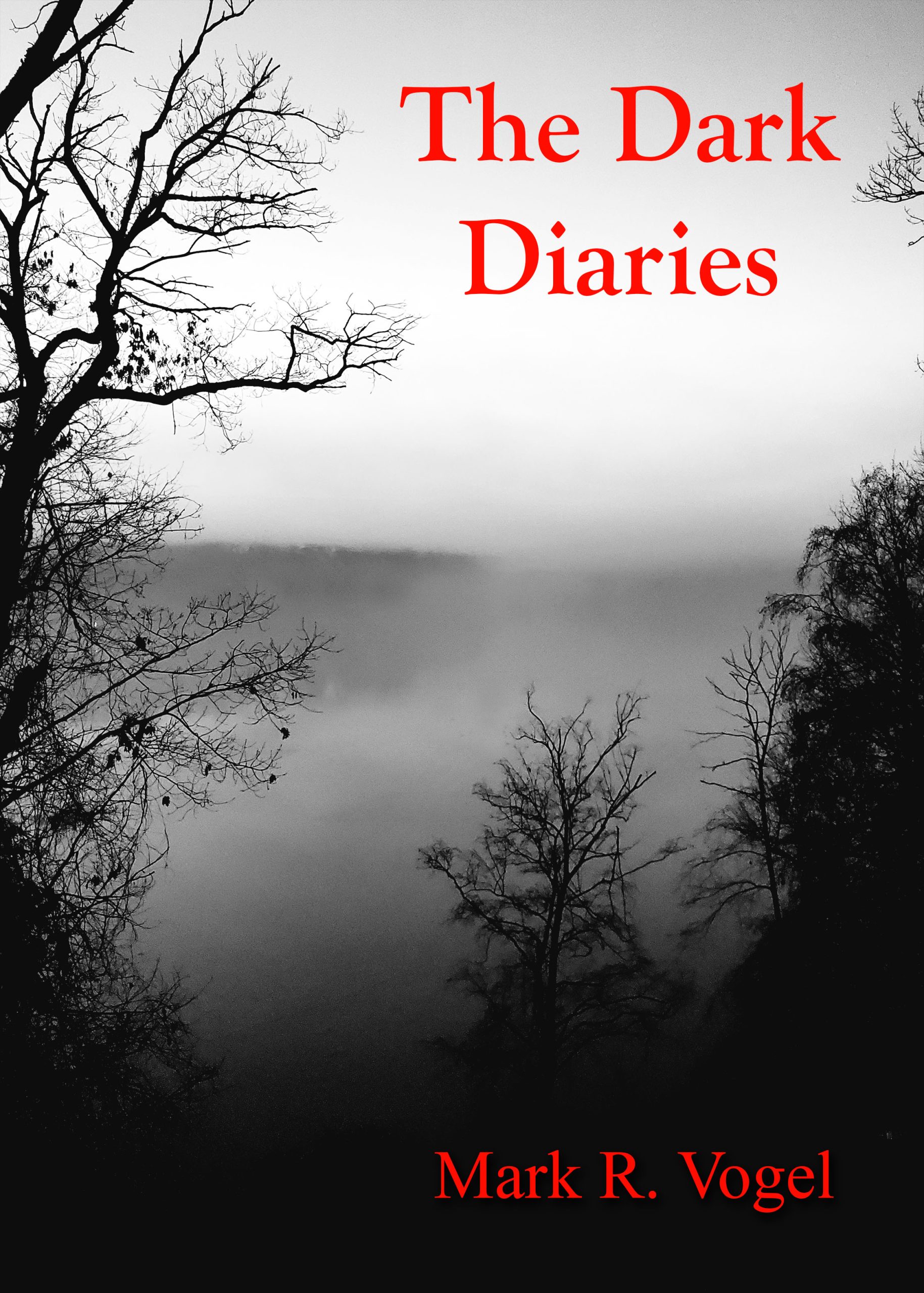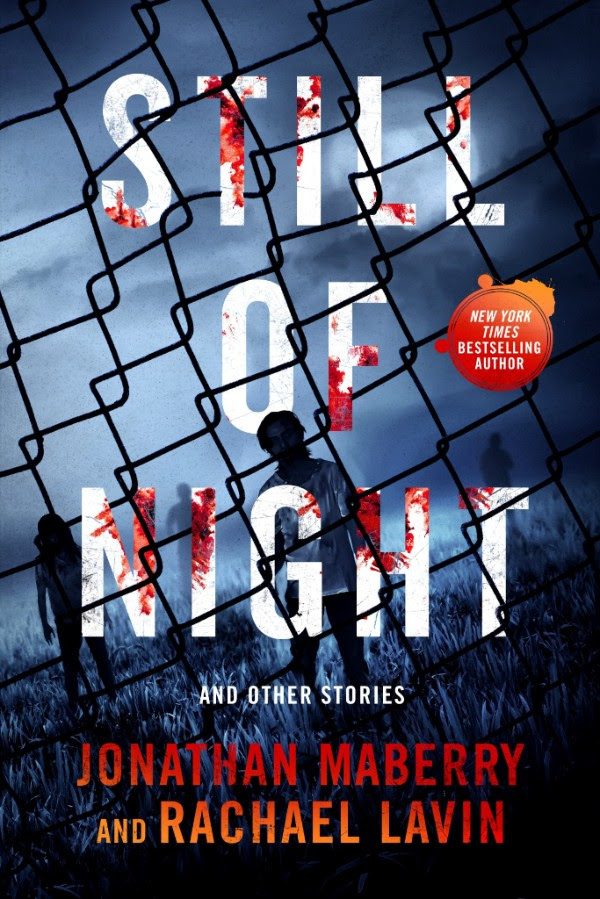 Octavia Butler once described her supernatural, time-traveling neo-slave narrative Kindred as “a grim fantasy”. It’s hard to imagine any realistic treatment of slave life in the antebellum South as being anything but tremendously grim. The novel is most often seen as a historical fantasy, or a type of slipstream science fiction, and not as a horror novel.
Octavia Butler once described her supernatural, time-traveling neo-slave narrative Kindred as “a grim fantasy”. It’s hard to imagine any realistic treatment of slave life in the antebellum South as being anything but tremendously grim. The novel is most often seen as a historical fantasy, or a type of slipstream science fiction, and not as a horror novel.
But horror and the evocation of dread are important elements of the narrative, and I was struck by how Butler layered horror in her descriptions. For instance, here’s the first time the narrator witnesses a slave being whipped:
I could literally smell his sweat, hear every ragged breath, every cry, every cut of the whip. I could see his body jerking, convulsing, straining against the rope as his screaming went on and on. My stomach heaved, and I had to force myself to stay where I was and keep quiet. Why didn’t they stop!
“Please, Master,” the man begged. “For Godsake, Master, please…”
I shut my eyes and tensed my muscles against an urge to vomit.
I had seen people beaten on television and in the movies. I had seen the too-red blood substitute streaked across their backs and heard their well-rehearsed screams. But I hadn’t lain nearby and smelled their sweat or heard them pleading and praying, shamed before their families and themselves. I was probably less prepared for the reality than the child crying not far from me. In fact, she and I were reacting very much alike. My face too was wet with tears. And my mind was darting from one thought to another, trying to tune out the whipping. (Butler 33)
In these paragraphs, Butler employs sensory horror throughout this violent scene in the form of the smell of the man’s sweat, the sound of the whip and his cries, and in the narrator’s nausea. But beyond the physical/sensory, there’s the emotional horror of the scene: the slave’s shaming, the narrator’s own sense of powerlessness and fear and self-loathing at what she perceives as her own cowardice.
Being forced to helplessly witness cruelty of that magnitude is in itself a form of violence, and the narrator (and consequently the reader) are forced to face the terrible life that the narrator’s ancestors must endure. Further, the narrator realizes that she’s less prepared to deal with this world than a small child … which is all by itself a horrifying and humbling thought for any grown adult.
It’s all a visceral, vivid, microcosmic portrayal of the terrible damage that slavery did even to people who were free-born. The study of how Butler portrays violence and terror in the book is a useful one for any writer who seeks to write horror, but it’s especially useful for those who are writing historical narratives.
Books For Reference
Butler, Octavia E. Kindred. Boston: Beacon, 2003. Print.
Yaszek, Lisa. “‘A Grim Fantasy’”: Remaking American History in Octavia Butler’s Kindred”. Signs 28.4 (2003): 1053–1066. Web.
- The Braided Novel - November 20, 2016
- Upside Down: Inverted Tropes in Storytelling - November 18, 2016
- You, Human - November 18, 2016
- A Horror Writer Pursues an MFA – Part 5 - November 2, 2016
- A Horror Writer Pursues an MFA – Part 4 - November 2, 2016
- A Horror Writer Pursues an MFA – Part 3 - November 2, 2016
- A Horror Writer Pursues an MFA – Part 2 - November 2, 2016
- A Horror Writer Pursues an MFA – Part 1 - November 2, 2016
- Jolly Fish Press is shutting down - October 23, 2016
- The Pox Party - October 16, 2016







